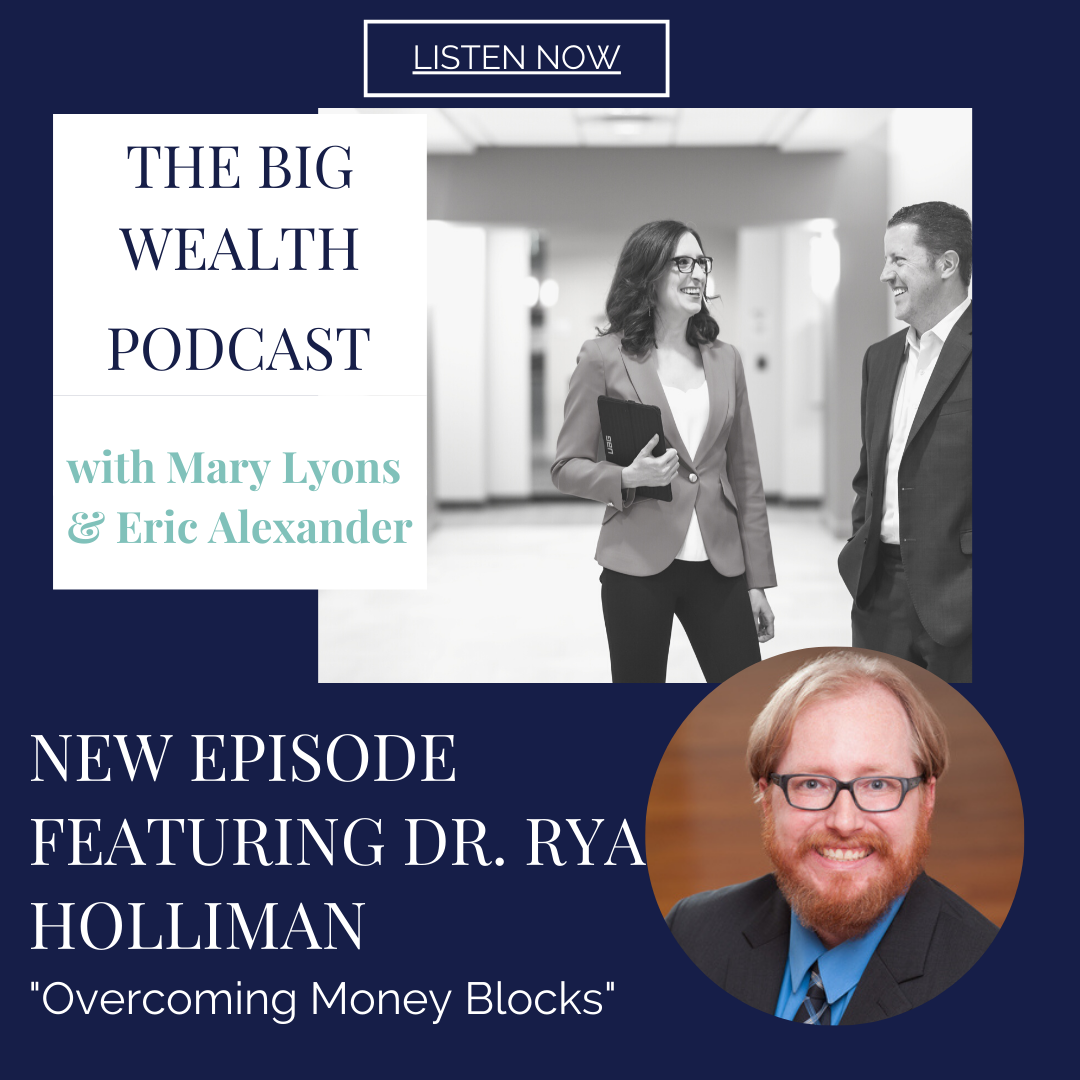By Mary Lyons
A great financial advisor isn’t just someone who manages your portfolio—they’re your partner in designing the life you want to live and creating a roadmap to make it happen. Whether you're planning for retirement, scaling your investments, or thinking about what you’ll leave behind, your advisor should be doing more than watching the markets. They should be helping you live with intention.
Here are the five essential things your advisor should be doing for you.
1. Understanding Your Dream Life: Helping You Define What Matters Most
Before the numbers comes the why. Your advisor should start by helping you map out what your ideal life looks like—not just retirement goals, but your dream lifestyle, passions, family priorities, and ambitions. This isn’t fluff—it’s foundational.
Money is just a tool that is meant to help you live a life you are truly excited to live. Your advisor absolutely must know and facilitate what matters most to you, even if that changes over time.
- What brings you joy?
- Where do you want to live and work?
- What experiences do you want to have?
- How do you define success?
This clarity allows your advisor to align your financial plan with your personal vision. Without this information, you have a cookie-cutter generic plan. To build a robust and exciting life, you want a partner to help you co-create.

2. Acquisition Strategy: Building the Foundation for Long-Term Wealth
Wealth isn’t just accumulated by saving—it's acquired through smart decisions. Your advisor should help you develop an acquisition strategy that identifies and leverages opportunities to build assets that align with your goals.
Most of us make and spend more money than we can actually save. Think about your salary for a moment. Now take out taxes, take out debt payments, take out lifestyle. If we only focus on the little bit of money we can save each year, we’re ignoring the bulk of the money that flows through our personal economies.
Imagine being able to retain earnings on some of the other 80–90% of your salary. Even if you only earned 2–4% a year on those dollars, it could have a massive impact on your long-term wealth.
An acquisition strategy can help you do just that.
There are tools that allow your money to continue earning—even while you use it. How you structure things like your mortgage, your down payment, the repayment of student loans, the purchase of cars, and the acquisition of other assets makes a tremendous impact on your overall net worth. And yet, most advisors never talk about these things.
The goal? To help you acquire assets that:
- Grow in value
- Generate income
- Provide financial flexibility
Your advisor shouldn’t just be managing what you already have—they should be helping you strategically acquire more of what moves you forward.

3. Investment Strategy: Tailored, Tactical, and Transparent
Of course, investment management is still a core responsibility—but it should be custom-built to your life plan, not a cookie-cutter model.
Your advisor should:
- Match your risk profile with your time horizon and lifestyle goals
- Diversify across asset classes, sectors, and geographies
- Use tax-efficient strategies to optimize returns
- Regularly review and rebalance your portfolio as your goals evolve
They should also communicate clearly—no jargon, just real talk about where your money is going and why.

4. Income Strategy: Turning Assets Into Paychecks
It’s not just about growing wealth—it’s about using it. Whether you're retired, semi-retired, or still working, your advisor should help you create a sustainable income strategy that maximizes your cash flow, minimizes taxes, and provides flexibility for life’s surprises.
This can be done through:
- a volatility buffer—a pool of assets (like cash reserves or whole life insurance cash value) that you can tap into when the market is down. This prevents you from selling investments at a loss and extends the life of your portfolio, while simultaneously increasing your safe sustainable withdrawal rate. In some cases, this buffer could double your safe spending rate.
- a simulated pension using annuities—which can guarantee income for life to cover your essentials, regardless of market performance. This option adds stability and peace of mind.
- Passive investments like private equity, venture capital, real estate, private money lending, more traditional lending opportunities, and more
The goal is to help you enjoy your life—without the fear of running out of money.

5. Legacy Strategy: Creating Impact That Lasts
What do you want to leave behind—and for whom? Your advisor should guide you in crafting a legacy strategy that reflects your values and intentions.
This could include:
- Charitable giving
- Trusts and estate planning
- Family education funds
- Intergenerational wealth planning
It’s not just about passing on money—it’s about passing on wisdom, opportunity, and impact. Your advisor should help you ensure that your legacy is a living reflection of who you are. When done correctly, legacy planning can be a natural byproduct of effective financial strategy. Many people think they can enjoy their assets and income or leave assets behind. When your advisor effectively addresses all five of these components, you should be able to enjoy more during your lifetime and leave more to the people and causes you care about.

Final Thoughts
Your advisor should be your advocate, strategist, and coach—someone who understands both your financial picture and your life goals. If they’re not helping you with these five core strategies, you may be leaving opportunity (and peace of mind) on the table.
Dream boldly. Plan wisely. Live fully. And make sure your advisor is helping you do all three.
What do you think? Let me know in the comments!





